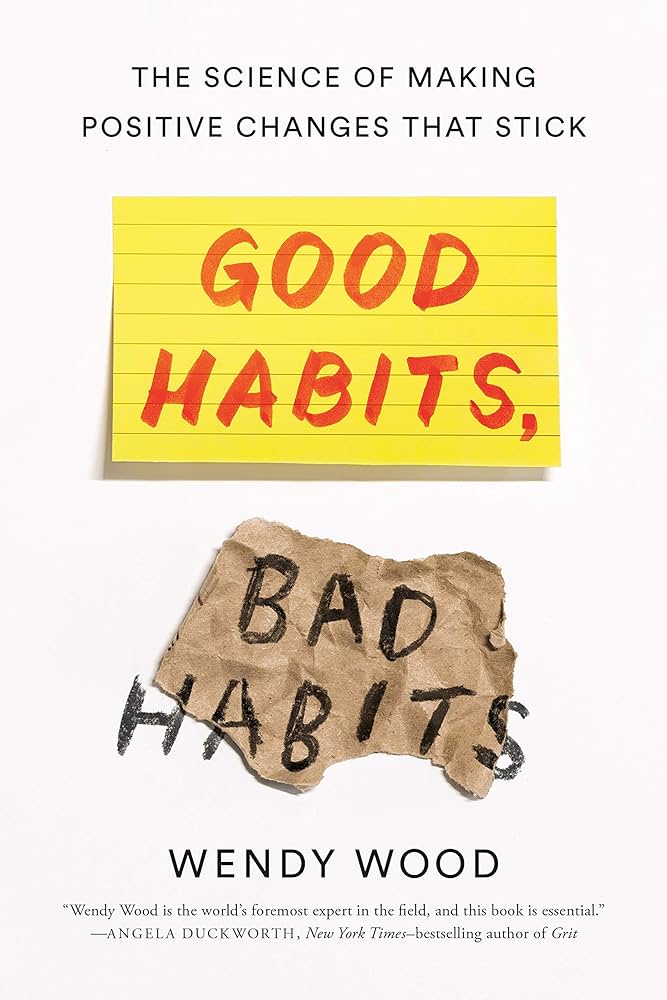In Good Habits, Bad Habits: The Science of Making Positive Changes That Stick, Clinical Psychologist Wendy Wood, highlights strategies for using our conscious understanding of our goals to orient our habitual selves. If we know how habits work, then we can create points of contact between them and our goals so that they sync in astonishingly advantageous ways.
We spend a shocking 43 percent of our day doing things without thinking about them. That means that almost half of our actions aren’t conscious choices but the result of our non-conscious mind nudging our body to act along learned behaviors.
Our Conscious Mind
Our conscious minds have little contact with all kinds of things we do—especially habitual things. Instead, a vast, semi-hidden nonconscious apparatus is at work, one that we can steer with signals and cues from our conscious mind, but one that ultimately runs on its own, without all that much meddling from executive control. These parts of us are vastly different from the conscious selves we know, and can be utilized in hugely different ways.
The self we know is concerned with raises and romance. Our nonconscious selves are forming habits that enable us to easily repeat what we have done in the past. We have little conscious experience of forming a habit or acting out of habit. We do not control our habits in the same way as we do our conscious decisions. This is the under-the-surface, hidden nature of habit.
“Consciousness is facile and easily comes up with justifications for quitting. Excuse making is a talent at which our conscious minds excel. In the moment, you can rationalize eating last night’s pizza (you missed lunch) or skipping the gym today (your knees hurt). This talent allows us eventually to stop fighting ourselves and our environment. We are back to where we started.”
We can change unwanted habits and form good ones that are consistent with our goals. When our automatic response is the desired one, our habits and goals are in harmony. We no longer have to rely on will. When habits and goals are in line, they smoothly integrate to guide our actions. Most of the time, we aren’t even aware that it’s happening. We act out of habit without having to make a decision to do so.
“ 88 percent of daily hygiene, like showering and getting dressed, was done habitually. Fifty-five percent of tasks at work were habitual. Lifting weights, running, playing sports—about 44 percent of those were performed habitually. Resting, relaxing, sitting on the couch—about 48 percent were habits.”
Habit Gamification
The only way to know for sure if an action is habitual is to test what happens when the reward changes. If we persist even when we don’t value the reward as much or it’s no longer as available, then it’s a habit. The action is cued regardless of whether it is desired at that moment. It’s as if the ghosts of prior rewards stick around. The practiced action (hitting the lever) popped into mind, and rats performed it without deliberation. This shows how the effect of rewards can persist and stretch into the future. Rewards are extremely efficient in this way: they continue to operate on our habits well past the last time we got them. A well-chosen reward is like a really solid, steady investment.
All the best in your quest to get better. Don’t Settle: Live with Passion.



Comments are closed.